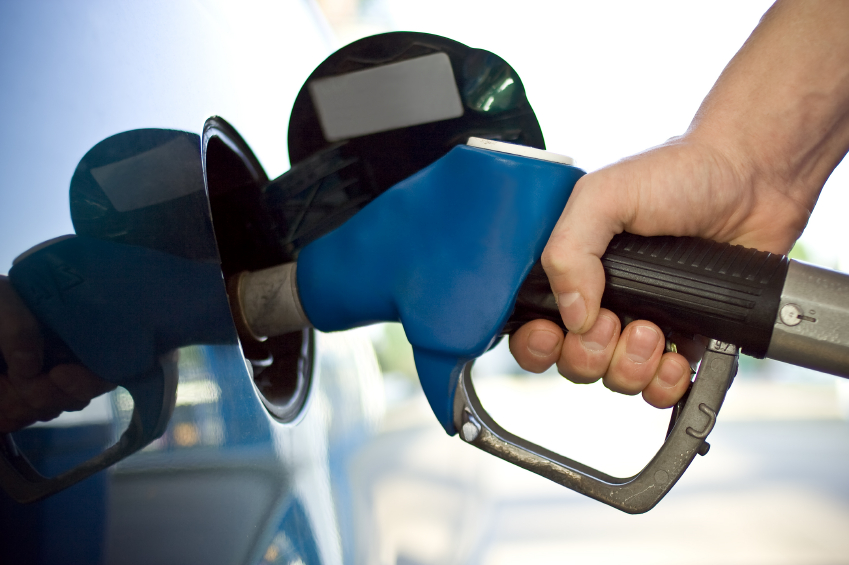Right now, the debate over the future of Corporate Average Fuel Economy (CAFE) standards is in full swing.
Today, they call for a fleet average of 54.5 mpg (or about 38 mpg on window stickers) by 2025 for vehicles sold in the U.S.
But many within the auto industry—and those sympathetic to it—would like to see those standards rolled back.
DON'T MISS: Battle over CAFE standards begins now: will they change for 2022-2025?
One of those voice belongs to Michigan Congressman Fred Upton, who said last week that the standards should be lowered during the mid-term review that will conclude in 2018.
CAFE standards should be rolled back "to more reasonable and achievable levels," at that time, Upton told The Detroit News.
Upton, who chairs the House Energy and Commerce Committee, called fuel efficiency a "worthy goal," but not "if it is reached in a way that harms consumers."
![City of Detroit, by jdurchen [Flickr] City of Detroit, by jdurchen [Flickr]](https://images.hgmsites.net/lrg/city-of-detroit-by-jdurchen-flickr_100302031_l.jpg)
City of Detroit, by jdurchen [Flickr]
He argued that the cost of complying with current CAFE standards would be passed onto consumers in the form of higher new-car prices.
Upton also said he worried about the "impact these standards could have on the long-term health of the auto sector," likely referring specifically to the Detroit Three automakers that call Michigan home.
But Upton may be one of only a few allies automakers can count on in any attempt to get CAFE standards lowered.
MORE: CAFE rules should stay as they are, auto-industry suppliers agree
The the auto industry is in a position where the public just doesn't believe them, says WardsAuto columnist John McElroy.
Indeed, the public perceives most carmakers as "liars and cheaters," he says.
That's because of a series of scandals over the past six years, beginning with Toyota's reluctance to cooperate with the federal government in an investigation into claims of unintended acceleration in 2010.

Gas pump
Since then, the public has witnessed the General Motors ignition-switch debacle, scandals involving Ford and Hyundai/Kia overstating fuel economy, and most recently, the Volkswagen diesel-emissions scandal.
Moreover, carmakers may not gain as much benefit from changes to CAFE standards as some might think: knowing that the regulatory landscape will remain predictable for the next decade or so makes the companies' long-term planning far easier.
A technical assessment report released by regulators earlier this year also found that carmakers already have the technology to meet the current standards.
That same report also found that carmakers will likely miss the 2025 goal slightly, because of high SUV sales—something seized upon by opponents of CAFE as supposed evidence that the standards are unreasonable.
Still, the overall consensus among industry analysts, government watchers, and even auto company insiders themselves is that there's likely to be little substantial change to CAFE standards.
While there may be tweaks around the edges, and changes to special allowances, the general direction will continue to be toward greater and greater fuel efficiency for all vehicles.
_______________________________________________












